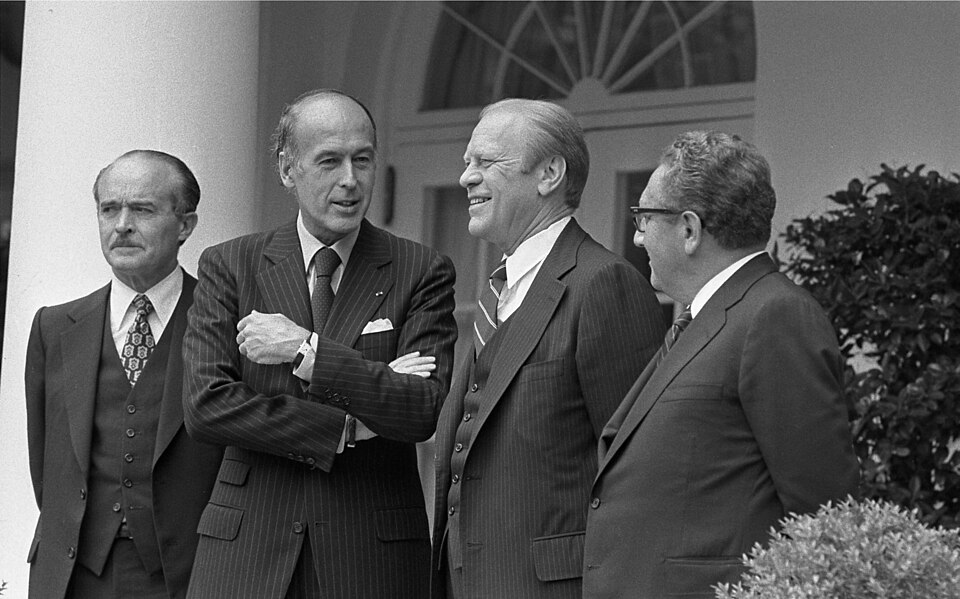Geostrategic ruptures have in common certain determining characteristics. An examination of three important moments in the history of French diplomacy (the reversal of the alliances of 1756, the forming of a triple entente in the early years of the twentieth century and the birth of the Federal Republic of Germany after the Second World War) shows that they follow a logical chain of events, and that such major decisions are a response to deep-seated needs.




_astronaut_Sophie_Adenot_(jsc2025e058846_alt).jpg)



